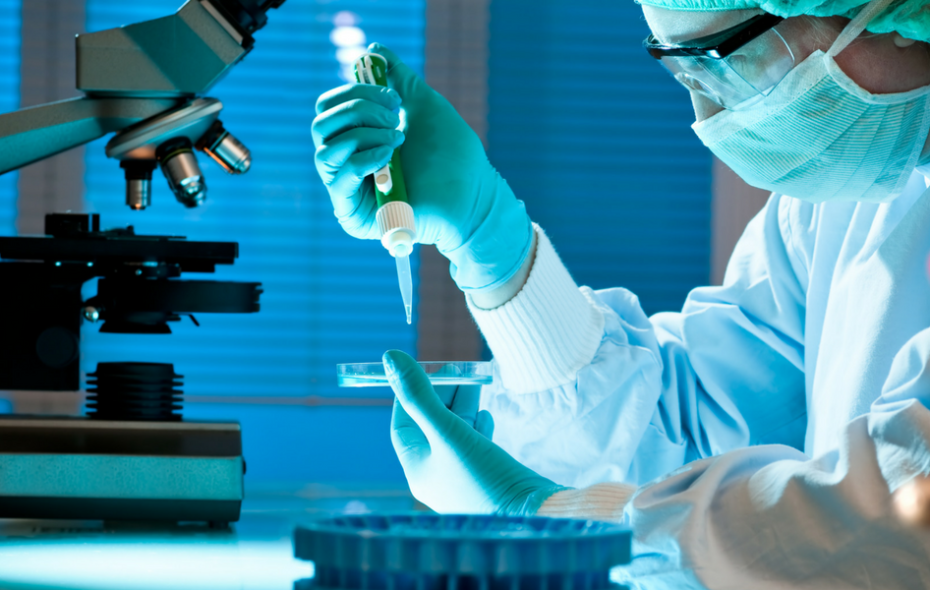
Funding for 75 Centres for Doctoral Training (CDTs) under the umbrella of the Engineering and Physical Sciences Research Council (EPSRC) was announced last week. Universities and Science Minister Chris Skidmore MP announced the government is investing £441 million through the EPSRC to fund CDTs, including a further £2.2 million from the Natural Environment Research Council. Additional funding from some 1,400 industrial collaborators is expected to be worth an additional £386 million in cash and in-kind contributions
The CDTs will focus on a range of research areas relevant to the government’s industrial strategy such as engineering biology, sustainable chemical synthesis and nuclear energy. Several companies in the UKI2S portfolio are connected to the new centres or their precursors, funded in 2014 and due to finish in 2022. The CDTs are particularly advantageous for companies operating in niche fields where bespoke skillsets are required. Future staff can be hired from the newly trained pool of scientists created. As a result, CDTs have a great track record of graduates staying in science, with 43% going on to work in the business sector and 36% staying in academia.
Imperial College, London was one of the most successful winners of CDT funding. Six centres will be established or continued at Imperial, each representing £5-7 million over their lifetime. The CDT in Nuclear Energy Futures, led by Dr Mark Wenman, focuses on key challenges for the industry such as reducing costs of both nuclear waste disposal and building new nuclear power stations. It also looks at future power station designs and fusion power. UKI2S partners at the Culham Centre for Fusion Energy (via UKAEA) and portfolio company Tokamak Energy were involved as industrial partners in this CDT when it was established in 2014 and will again be taking an active role in the new iteration. This CDT is set to cement the UK’s position as a global leader in nuclear research and fusion technology.
University College London (UCL), also a bumper CDT winner with sever centres funded, will be continuing its leading CDT in Bioprocess Engineering Leadership, with a focus on engineering biology and sustainability. Prof Gary Lye will continue leading the centre which aims to produce the bioindustry leaders of the future. The UK government’s recent Bioeconomy strategy and Life Sciences sector deal update both stress the need for expansion of bioindustry in the UK economy. This CDT is supported by engineering biology company Synthace, who were also involved in the previous CDT.
A joint CDT centred at Imperial College, London with partners at UCL and the University of Manchester was funded for BioDesign Engineering under Dr Geoff Baldwin. This CDT will integrate data science alongside engineering and biology reimagining engineering biology as 'BioDesign Engineering'. Dr Baldwin himself founded the engineering biology company Cagen based at Imperial. The CDT will undoubtedly make good use of the DNA Foundry and Innovation and Knowledge Centre SynbiCITE based at Imperial. Partners UCL and Manchester both have a track record of engineering biology research, with Manchester hosting the research centre SYNBIOCHEM.
Disappointingly, an existing CDT in engineering biology based between leading centres at the Universities of Bristol, Warwick and Oxford was not continued. The bioeconomy is worth £220 billion to the UK economy and training the next generation of engineering biologists is of vital importance to growing the bioeconomy through sustainable practices. As the Imperial programme will receive hundreds of applications – there is big appetite to study engineering biology for researchers – the new CDT will be limited to 20-30 applicants per year. This means the current undersupply in training for UK synthetic biologists is set to continue.